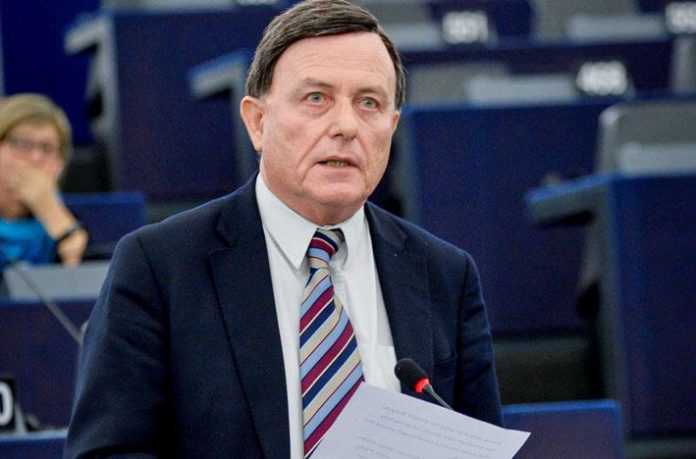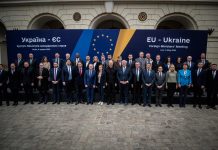Emerging data shows that economic and social inequalities have persisted, indeed grown in the EU in recent years, with peripheral regions especially affected, Alfred Sant has stated in the European Parliament.
In an intervention during the European Parliament’s Committee on Petitions on behalf of the S&D Group, Alfred Sant addressed a petition on behalf of ‘Rete dei Sindaci del “Recovery Sud”’ concerning the fair distribution of the NextGenerationEU fund within the National Recovery and Resilience Plan for Italy.
The petitioners called on the institutions of the European Union to ensure a fair territorial distribution of the funds based on the criteria established for the achievement of the highest levels of economic, social and territorial cohesion.
They claimed that, under the EU Treaty, the priority in the allocation of EU funds should be accorded to the most disadvantaged regions, in order to ensure the reduction of development gaps in the implementation of the overall strategic plan aiming at alleviating the socio-economic impact of the Covid-19 pandemic.
In his intervention, Alfred Sant stated that there is no doubt that Italy’s southern regions have a lot of catching up to do as regards economic and social upgrading, especially when compared to their northern equivalents. He added that the grievances of the southern Italian regions are many and well loaded with a heavy historical baggage.
“It is also comprehensible that southern Italian policy makers are wary of how the disbursement of funds under the Recovery and Resilience Facility will happen. Not least, because of how matters developed under the European Facility for Strategic Investments, EFSI – even if there the disbursement of funds went through a different mechanism all together”.
“In the current framework of requirements adopted under the Regulation establishing the Recovery and Resilience Facility, there are no specific requirements covering how funding should be distributed on a regional basis”.
“It is however clear that the same Regulation clearly and repeatedly states that national recovery and resilience plans should contribute to enhancing economic, social and territorial cohesion. Furthermore, Article 22 of the Regulation calls to ensure close cooperation between those responsible for its implementation at Union, national and, where appropriate, regional levels to achieve the objectives of the established instruments”, stated Alfred Sant.
Alfred Sant asked the Committee Chair to keep the Petition open for a deeper analysis of the situation, and possibly for the Committee to send a letter to the Commission requesting further information on the issue.
The Committee on Petitions is a permanent committee of the European Parliament that offers a petition process to citizens, which is one of the fundamental rights of all European citizens and residents, enshrined both in the Treaty and in the Charter of Fundamental Rights










